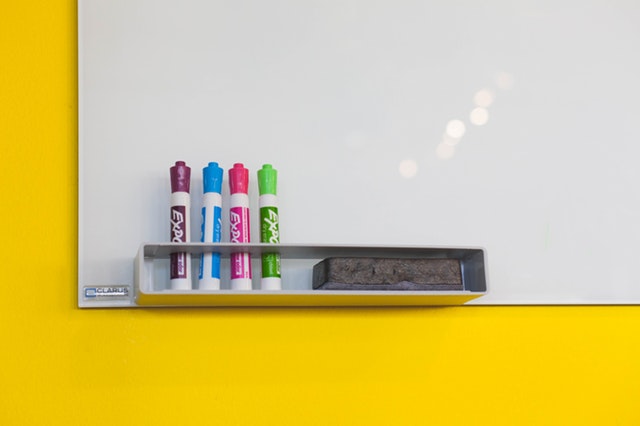How Play is Making a Comeback in Kindergarten
Originally intended to ease overcrowding in local schools, the Pathfinder Kindergarten Center, located about 25 miles north of Seattle in the Mukilteo School District, is a haven for its 545 kindergarteners. The $26-million school opened in 2017 with a central goal: to make kindergarten here more playful and joyful. Classrooms mirror high-quality preschools, with artwork papering the walls, children playing gleefully on colorful carpets, and classroom shelves stocked with bins of toys. Heated floors invite the children to play and rest on the ground and multiple play areas both inside and outside the school offer kids opportunities to learn and burn off energy. It may seem frivolous to spend so much money on a school dedicated to a grade level that students aren’t even required to attend in most states, but research shows kindergarten can be one of the most important years in a child’s educational career. Positive experiences in kindergarten can improve non-cognitive skills and early test scores, and even increase the likelihood that children will attend college and ultimately make more money as adults.
Measuring Whether Kindergarteners Are On Track for Reading Proficiently
From the time they’re born, children learn skills that prepare them for reading. These skills include speaking and understanding language, recognizing letters, and sharing stories and books with adults. But children entering kindergarten start with varied levels of language and early literacy skills, and many states and districts lack high quality measures of whether these cohorts of children are on track to read proficiently. Teachers might measure kindergarten entry skills and periodically assess reading progress to guide instruction, but school and district leaders lack information about how to connect these measures to later reading proficiency. REL Mid-Atlantic explored whether these kindergarten entry assessments can provide states and districts with a useful measure of progress toward proficient reading for cohorts of children.
If Only 1 in 4 Kids are Ready for Kindergarten, Then Illinois Is Not Ready At All
Most people are of the general view that children are ready for kindergarten when they have mastered the most basic of skills, such as tying their shoes, reciting the ABCs and identifying colors and shapes. As it happens, though, “school readiness” is a lot more involved than that. And kindergarten teachers in an increasing number of states, including Illinois, are required to measure that readiness in kids’ first days in school. If a child is found to be behind, the thinking goes, the teacher can help him or her catch up fast.
When the Bus is the Schoolhouse
Inside Rosie Bus, a colorful minibus that crisscrosses the countryside here in eastern Kentucky, Paisley Barrett, 4, surveyed a tray filled with clear round containers. She quickly selected one toward the back, which had a cartoonish drawing of a pair of socks taped to its lid, and started going through each of the small plastic items inside.

